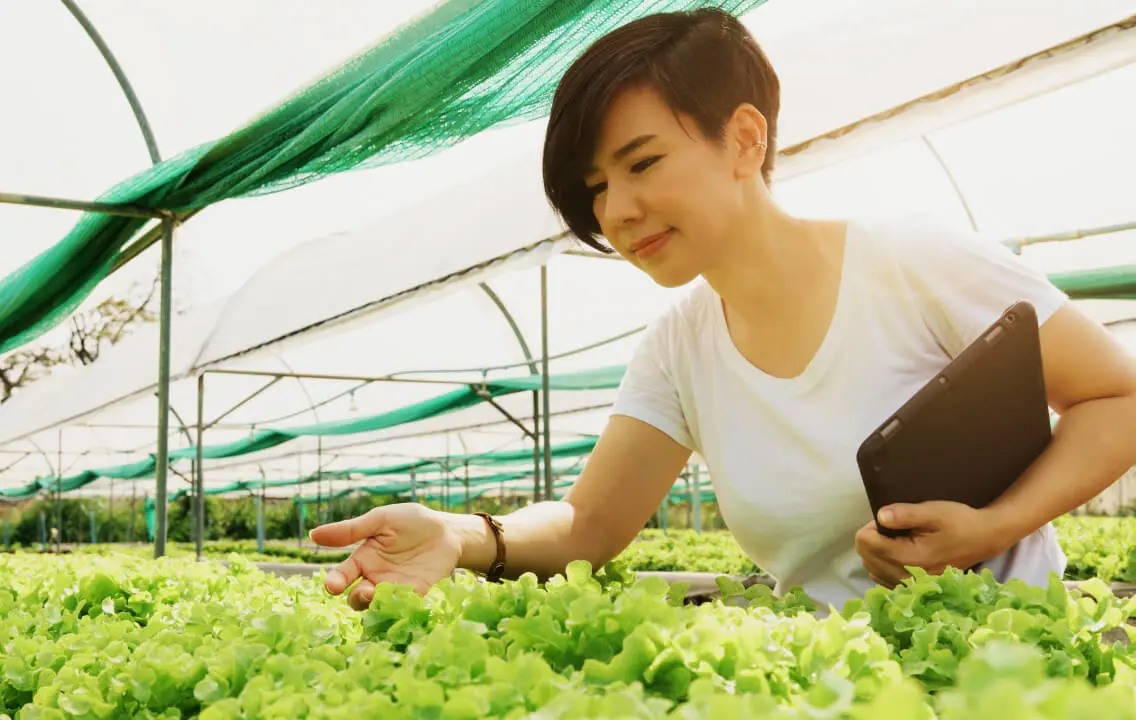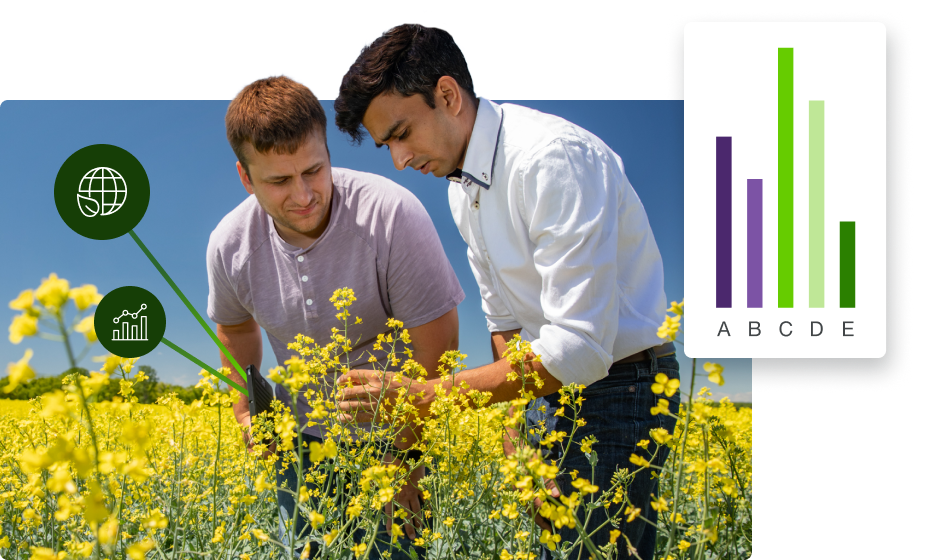Why and how to engage your suppliers in sustainability

Becca Gale, Product Director, Supply Chain at TELUS Agriculture & Consumer Goods, discusses key areas for engaging suppliers in sustainability.
Leading food companies around the world already recognize the business case for sustainability. For example, research from the Stern Centre for Sustainable Business established that products marketed as sustainable grew 5.6 times faster than those that were not.¹ Food in particular is a sector that experiences growth in brand loyalty and revenues when the product and company can credibly demonstrate sustainability. Consumers are increasingly demanding that companies embrace sustainability, due in part to higher awareness of environmental and social issues, especially among millennials and Generation Z. McKinsey describes one of the key shifts in consumer behaviour being the search for truth in products they buy and their relationships with brands.²
Risks presented by sustainability
Food companies also recognize – and experience firsthand – the risks presented by sustainability challenges. According to the US Department of Agriculture, severe drought in August 22 impacted 80% of agricultural land in the US, resulting in $14 billion in loss payments, with reduced food supply and increased prices along the supply chain.³ The financial sector is now demanding comprehensive and credible information about the sustainability performance and risks in supply chains when making decisions for investments, loans, and insurance.
In the food sector, sustainability and risk are largely determined early in the supply chain by activities such as food processing, farm operations, and agribusiness inputs. For example, according to a recent report from CDP, 90% of the GHG emissions for food products typically occur upstream of arriving at the manufacturers or retailer sites.⁴ Similarly, other impacts such as deforestation and water footprint are concentrated in the first part of the value chain. This explains why today more than 95% of major buyers use sustainability performance in sourcing and supplier management decisions.
How to engage your suppliers in sustainability
So, engagement with suppliers is accepted as critical for food companies to be able to reliably measure sustainability, and more importantly to work together to drive sustainability improvements for food products. Which begs the question, how do food companies engage suppliers on sustainability?
It’s a question that we at TELUS Agriculture & Consumer Goods are particularly close to, as we work with a range of customers who have progressive and impactful supplier sustainability programs. Looking across our customers and the food industry at large, we see broad consensus around the following four themes for engagement:
Align: be clear with suppliers about why and how you wish to work with them on sustainability. Be clear on processes, consequences and terminology and offer education where necessary
Ease: have systems in place that make it easier for suppliers to work with you, such as information sharing platforms. Suppliers will need clarity on what tasks they need to perform and how to perform them successfully – ranging from acceptance of code of conduct, evidence of certificates and approvals, to the provision of richer sustainability information
Assess: be transparent on how you measure supplier sustainability performance. If you produce a supplier sustainability scorecard, share the scorecard with them and consider sharing benchmarking information to help suppliers gauge comparative performance. For clarity and privacy, it’s important to be fair about cohorts included in a supplier benchmark and to fully protect sensitive data
Collaborate: work together on agreeing on hotspots for sustainability improvement with the customer and supplier or grower, exploring what’s feasible and attractive to do as a manageable program. Let’s face it, the complex nature of the food industry means that sustainability cannot be solved by individual companies acting in isolation. The entire industry is on a sustainability journey, and we need clear incentives to promote continuous improvement across supply chains
There are some great initiatives and developments in supplier sustainability collaboration, such as the CDP Supply Chain program, the Sustainable Procurement Pledge and SAI Platform’s Sustainable Dairy Partnership. As someone who started as a sustainability practitioner 15 years ago, it’s exciting to see how food businesses and the agricultural sector are working more closely to address key issues of our time.
Ready to improve the sustainability of your supply chain?
References – Publications & Resources
¹ NYU Stern, https://hbr.org/2019/06/research-actually-consumers-do-buy-sustainable-products
² Generation Z characteristics and its implications for companies, McKinsey & Company
³ USDA
⁴ CDP

